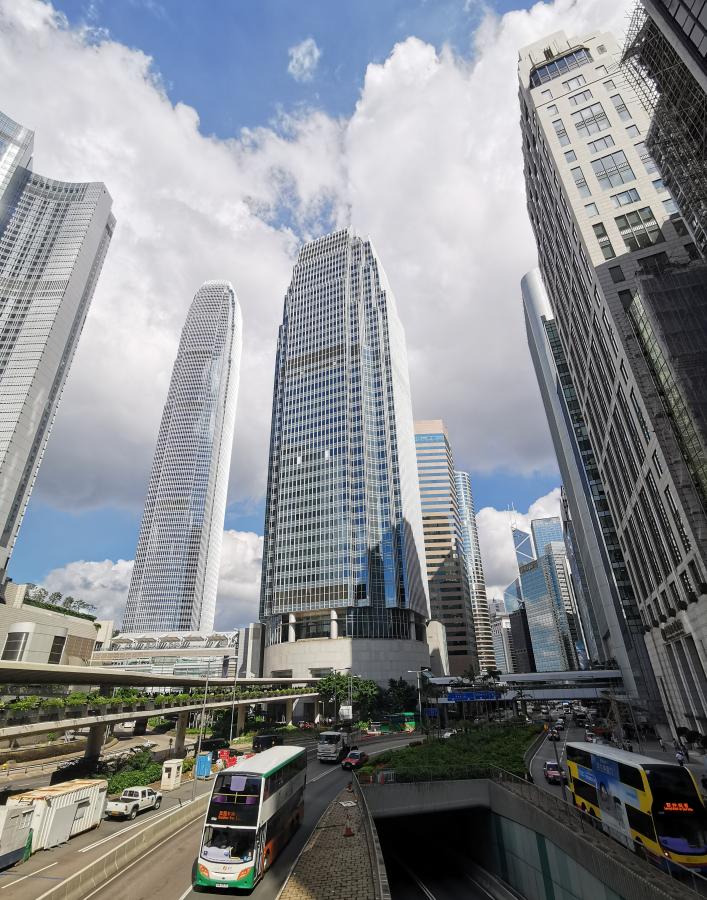
For the purpose of working with Tesla (TSLA. US) automakers competing to develop software-powered electric vehicles are facing a new challenge: what kind of technology to develop themselves, and what kind of products they need to continue to buy from suppliers.
For most global automakers, vertical integration through more in-house manufacturing represents a major shift. For decades, they have relied on suppliers to produce critical components and software and to manage vast manufacturing networks in low-wage countries.
But some established automakers are making significant changes to their long-held "make or buy" calculations. One such factor is a successful example of a Tesla electric car, which relies on proprietary technology developed and manufactured in-house. Another reason is financial losses caused by supply chain disruptions during the pandemic.
Jim Farley, CEO of F.US, said: "The most important thing is our vertical integration. Farley said Ford Motor Company must change its strategy for early electric vehicles by buying off-the-shelf parts. Now, he said, Ford's goal is to control the supply chain that produces battery materials "all the way to the mine."
Including Volkswagen, General Motors (GM. COMPETITORS SUCH AS US) AND MERCEDES-BENZ ARE ADOPTING A SIMILAR STRATEGY. Mercedes last year acquired British high-performance motor manufacturer YASA and restructured a factory near Berlin to produce motors based on YASA technology. The German luxury automaker opened a new plant in Alabama in March to produce battery packs for U.S.-made electric vehicles and said it would work with Japanese battery maker Envision Power to produce batteries in the United States.
Victory strategy
Automakers' investments in mines, motors and batteries differ from decades of handing over development and production control to suppliers, which can produce semiconductors and electronic components for multiple automakers on a larger scale and at lower cost.
In the new world of electric vehicles, however, investors have decided that Tesla's way of buying raw materials directly, making its own batteries and designing its own software is a winning strategy. In recent weeks, Tesla's market capitalization has soared again to more than $1 trillion, surpassing Toyota Motor Corporation(TM). US), Volkswagen, General Motors and Ford Combined.
Peter Rawlinson, CEO of Lucid Group (LCID.US), said: "The major players have realized that electric vehicles are the future, but they have not yet widely recognized that they must improve their strengths in motors, transmissions, battery technology, inverters and electric powertrains. ”
Sam Abuelsamid, an analyst at Guidehouse Insights, said that from the 1970s to the 2010s, the proportion of automakers owning automotive intellectual property fell from 90 percent to 50 percent.
This means that while electric vehicle pioneer Tesla demonstrates the popularity of its vertically integrated cars among consumers, many automakers lack the in-house engineering expertise to develop their own EV platforms, powertrains, and battery packs.
Tesla CEO Elon Musk said on the 2020 results conference call: "We design and build a lot more cars than other OEMs, and other OEMs will mainly go into the traditional supply base, which I call 'catalog engineering.'"
Tesla's approach has been costly, and the company has raised the price of cars several times over the past few years. Despite Musk's promise to launch a low-end model that starts at around $25,000, he said earlier this year: "We haven't developed a $25,000 car yet." Someday, we will. But we have enough to do now. ”
Technology competitions
Supplier industry executives say there is also a gap between automakers' perceptions of their vertical integration strategies and where engineers are trying to deliver new cars by deadline.
Automotive supplier Aptiv Plc (APTV. US) CEO Kevin Clark told analysts in February: "There's a lot to say about insourcing and vertical integration, especially in areas like software. Almost all of the OEMs that do business with us have encountered difficulties in software development. ”
Xavier Mosquet, senior consultant at the Boston Consulting Group, said many manufacturers are still more willing to buy EV technology to avoid rising costs and complexity of in-house manufacturing.
Mosquet said: "There are a lot of automakers who want to continue to acquire and manage the eventual integration to some extent. He added that it will take several more years to determine which approach is successful.
Many automakers are also hesitant about fully in-package EV manufacturing, as EV purchases still account for only a small fraction of total demand for cars.
According to IHS Markit, only Tesla, electric car startups Lucid and 002594.SZ are currently producing electric vehicles entirely autonomously, followed by Hyundai and the Renault-Nissan-Mitsubishi Alliance. Other automakers, including Mercedes-Benz, Ford and Porsche, are using supplier-supplied electric vehicles.
Rawlinson said: "World-class electric drivetrains are not available from the shelves, it is not a commodity. It's a technology race, and the market hasn't seen that yet. ”
Mercedes said it plans to start producing electric motors, battery packs and electronics in-house from 2024. Markus Schaefer, the company's chief technology officer, said the company is also reducing costs by taking raw materials directly from miners.